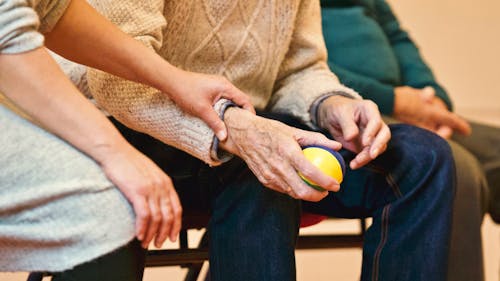One of the biggest stages of accomplishments that an addict can achieve is when they become sober after receiving addiction treatment.
However, when they can successfully withdraw from substances like drugs or alcohol, they still need a proper follow-up system that ensures their sobriety becomes permanent.
Aftercare treatment is an ongoing treatment that recovering addicts need when they become sober. Going for aftercare treatment helps them to apply the necessary coping skills to prevent them from getting addicted.

One of the key players in aftercare treatment is the counselor. They work closely with the patient to achieve their sobriety goals.
Here are some important roles the counselor plays in aftercare treatment
Boost your motivation for recovery
The counselor encourages you to remain sober and reminds you of the reason why you opted for addiction treatment in the first place.
When you feel that you’ve lost the drive to keep yourself from abusing substances or engaging in addictive behaviors, the counselor steps in to save the situation.
Teach/Remind you coping skills
When patients achieve initial sobriety, one of the best ways they can sustain it is to keep applying coping skills. Some of them who don’t apply these skills might end up getting addicted again.
It is one of the responsibilities of the counselor to remind patients of coping skills that would help them manage challenging situations that are likely to cause a relapse.
Improve confidence level and self-esteem
Another importance of counseling during aftercare treatment is to help patients achieve confidence and build positive self-esteem.
When some patients leave the rehab, they might have self-esteem issues that could prevent them from achieving their personal goals, rebuilding relationships, etc. With counseling, they will be reminded of their worth, and why they are special in this world.
Counseling also helps patients to get back on cordial terms with their loved ones, handle peer pressure, identify underlying health problems, and learn skills that will change their lives for the better.
